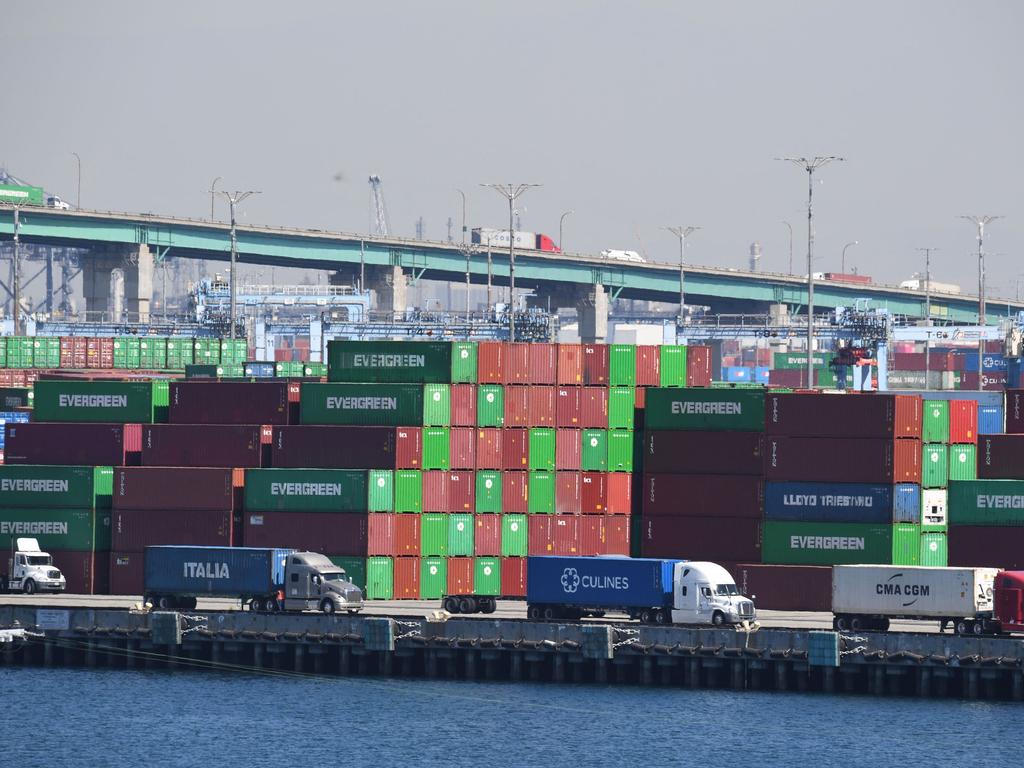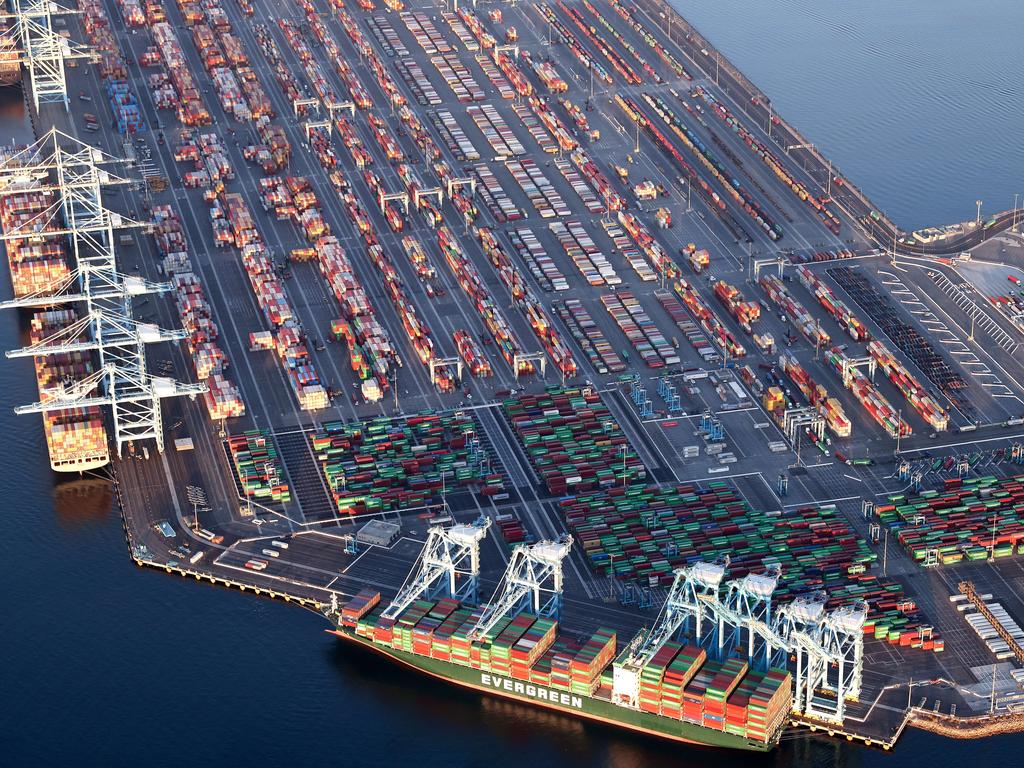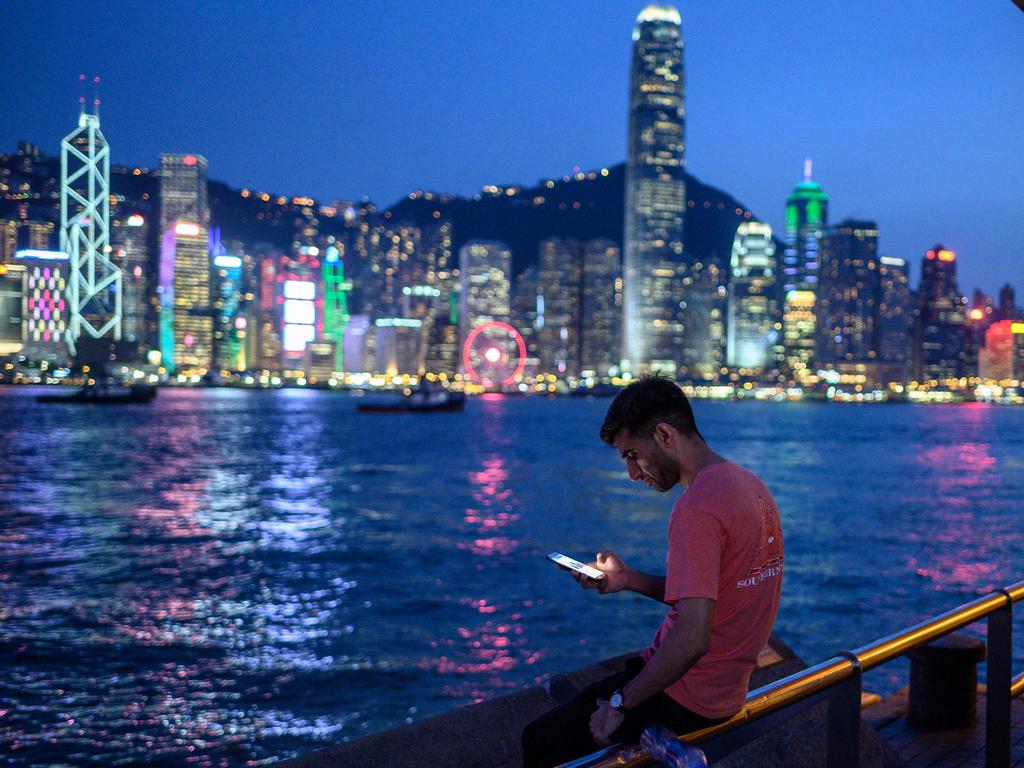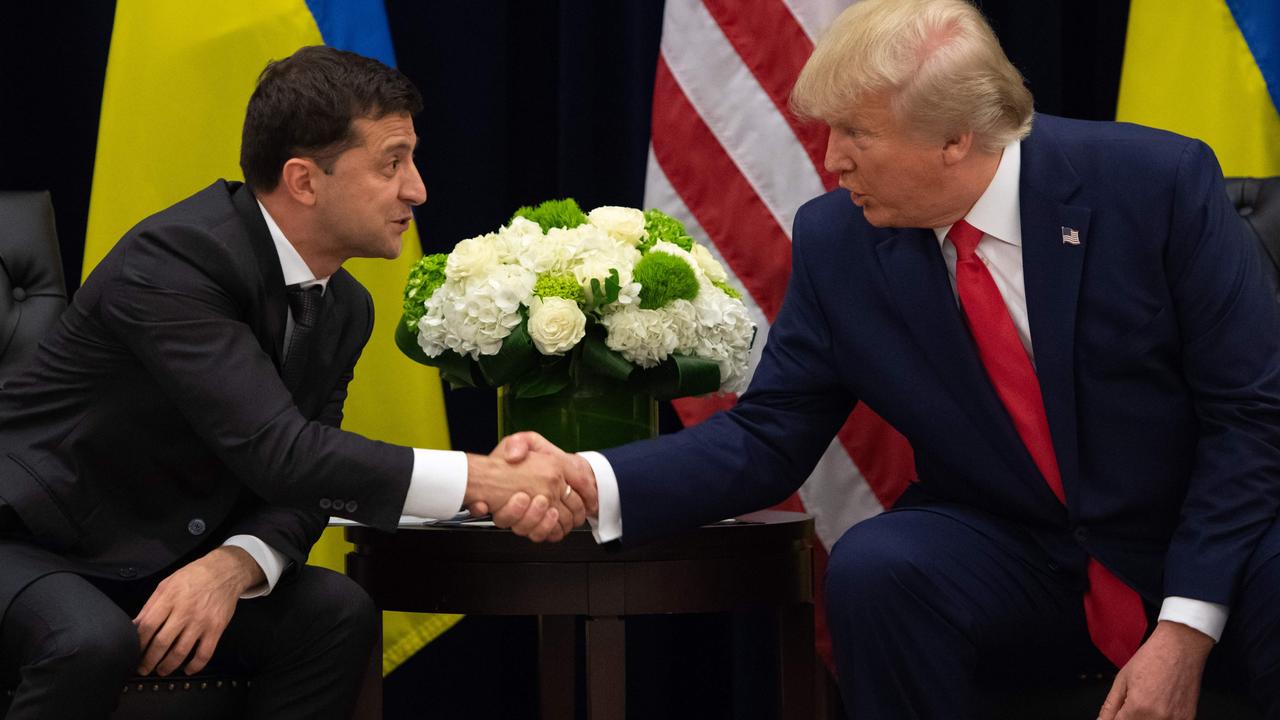
If misery loves company, British shoppers, alarmed at the rising risk of an involuntarily abstemious Christmas, might enjoy hearing that even in Joe Biden’s America, unburdened by Brexit, governed by the supposedly competent technocrats of modern progressivism, it’s going to be an unholy holiday scramble to fill the space under the tree this year.
As Pete Buttigieg, Biden’s one-time rival for the presidency and now his transport secretary, put it this week in an interview on CNN: “I think there have always been two kinds of Christmas shoppers. There’s the ones who have all their list completed by Halloween, and then there’s people like me who show up at the mall on Christmas Eve. If you’re in that latter bucket, obviously there’s going to be more challenges.”
In fact, never mind the presents under the tree, this side of the pond we’ll be lucky to get a tree. For a variety of reasons related to weather and a sharp fall in the numbers of tree farms a few years ago, the supply of firs and spruces to much of the country will be tighter than it has been in a decade. We’re going artificial this year, but only if Chinese supplies of tinsel-tasselled evergreens make it through the west coast ports in time.
Which brings us back to the global supply chain mess. The story is a familiar one. The Covid shock to the global economy caused an immediate steep drop in demand around the world in the spring of 2020. Firms stopped production and global distribution channels dried up. As economic activity began to revive last summer, Americans started to buy goods in vast quantities. Their pent-up demand was augmented by government support and they had few opportunities to spend this money on services at restaurants, theatres and hairdressers. So they bought exercise bikes, computers, home movie theatres, household appliances.
The combination of sharply reduced capacity at the height of the pandemic and suddenly surging demand for products made around the planet met a further challenge: a steep decline in the number of available workers. Port employees, customs officials and truck drivers were only trickling back to work.
The ports of Los Angeles and Long Beach, which between them account for more than a third of total US container traffic, are so clogged that for months now an average of 60 to 70 ships, each with a capacity of more than 11,000 40ft containers, have been idling in the waters off southern California waiting to be unloaded.
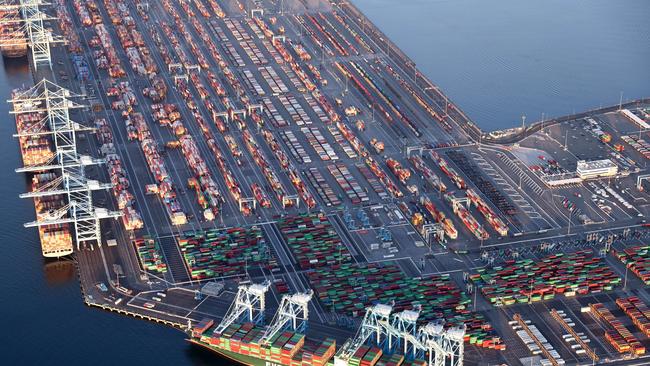
Shortages have of course meant higher prices. Those containers cost shippers ten times what they did last year. Prices for products in especially short supply have surged. If you can even find a rental car these days it will cost you 43 per cent more than a year ago. Washing machine prices are up by 19 per cent.
Energy prices are soaring. Even in the US, with its plentiful supplies, natural gas prices have doubled this year on rising demand and the effects of an administration eager to develop renewables over fossil fuels.
The bottlenecks are adding to Biden’s proliferating political woes and on Wednesday he announced that the port of Los Angeles would join Long Beach and shift to 24-hour work. The move will put barely a dent in the backlog that threatens to produce millions of disappointed children on Christmas morning. The Biden people are offering one overall consolation: the idea that all this will be “transitory”. It is a term so widely used in recent months to reassure worried Americans about the metastasising messes they face that it might be a candidate for word of the year. But is it accurate?
Transitory price increases can stick around if people start adjusting their expectations - and their demands - upwards. With inflation above 5 per cent, real wages in America are shrinking; and workers are gearing up for big pay demands.
And while these disruptions may eventually pass, there’s a larger issue in play: the world economy is deglobalising.
Covid is only the most extreme example of global forces that are causing companies across the world to simplify their supply chains. Climate and geological shocks are up-ending production in many countries. Political trends such as more uncertainty and fewer trade-friendly governments are increasing risks to global supply.
According to a recent World Bank report, 80 per cent of global trade in the past 20 years has been with countries with declining levels of political stability.
The explosion of digital interconnectivity has both eased economic friction and dramatically heightened companies’ vulnerabilities.
All this, and now the reality of empty shelves, has companies radically redrawing their supply lines. A McKinsey report last year found that 93 per cent of firms surveyed planned to make their supply chains more resilient by relocating operations closer to their final markets.
The West, after almost half a century of rapid globalisation which it thought would make the world look more like itself, is discovering that dependence on China for most of its products, and Russia for most of its energy, is a combination that is weakening its own fragile liberal democracy.
The transition to a more regionalised and localised economy, with less dependence on global supply chains and cheap labour, is under way. Its long-term effects will probably be somewhat weaker but more stable growth, with higher domestic wages and, perhaps, somewhat less consumer choice.
But getting there will be disruptive and costly. Until then Christmas is (partially) cancelled.
The Times


